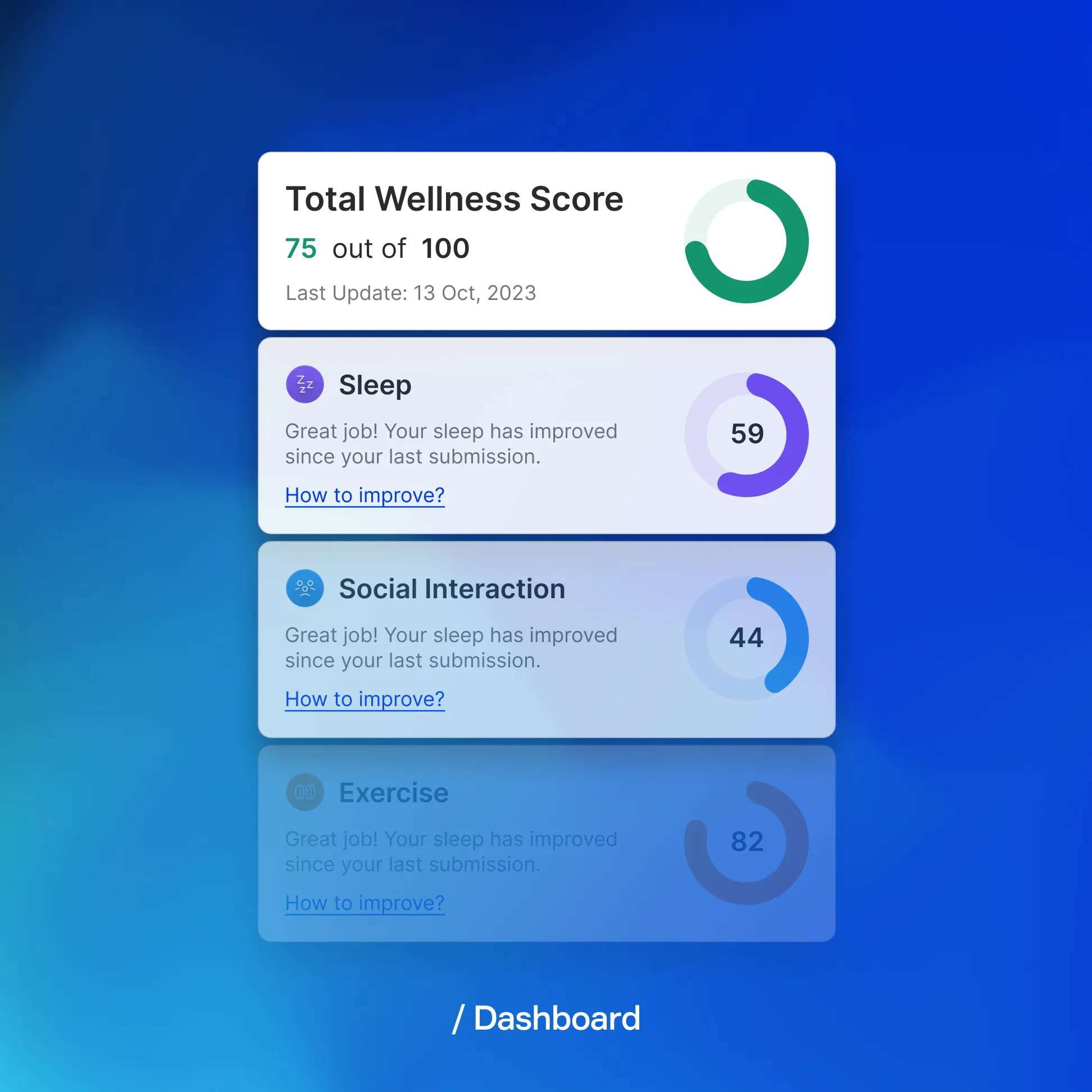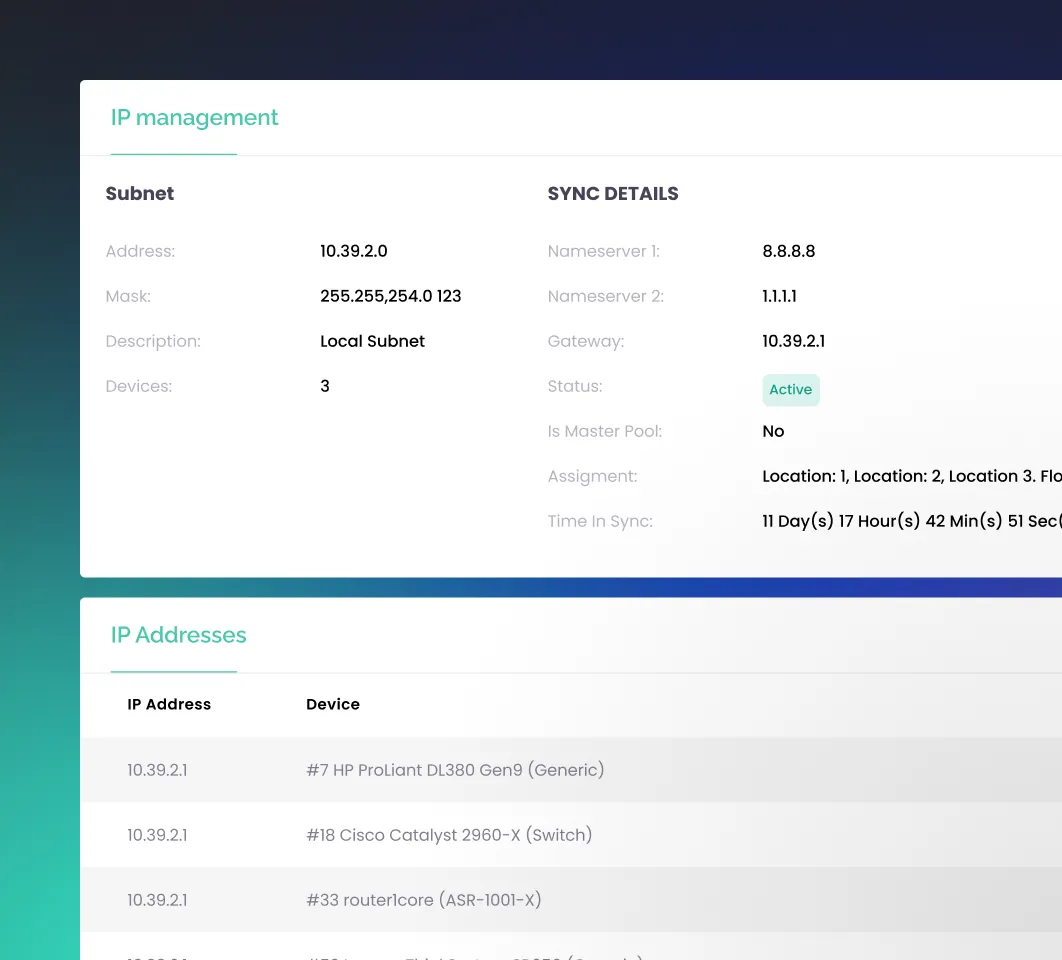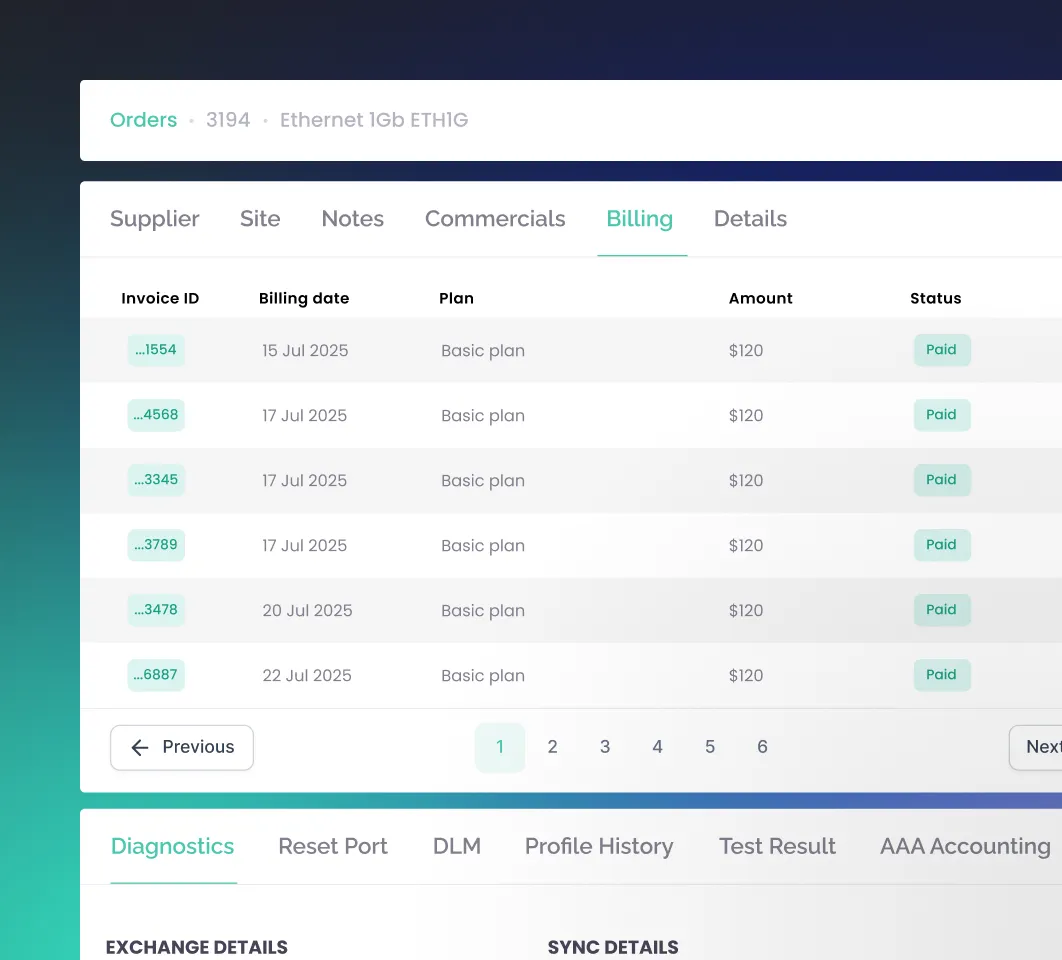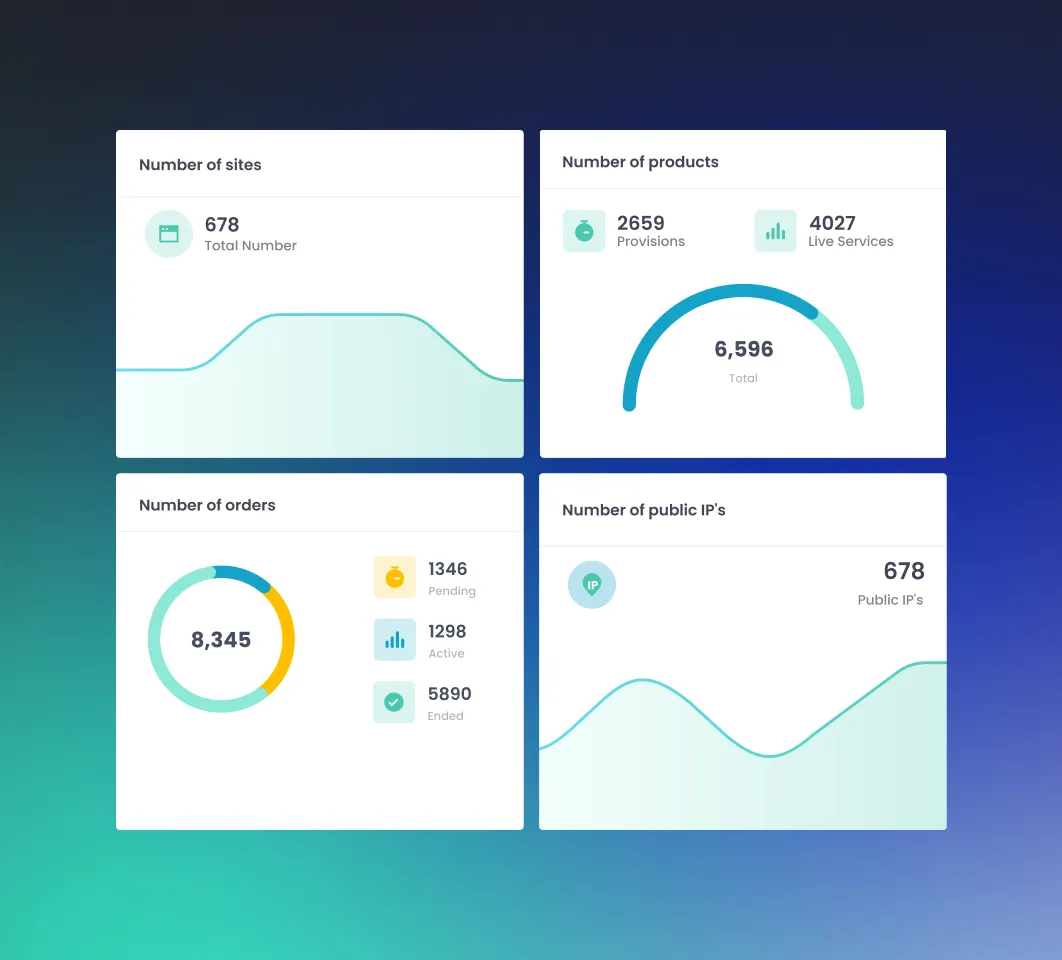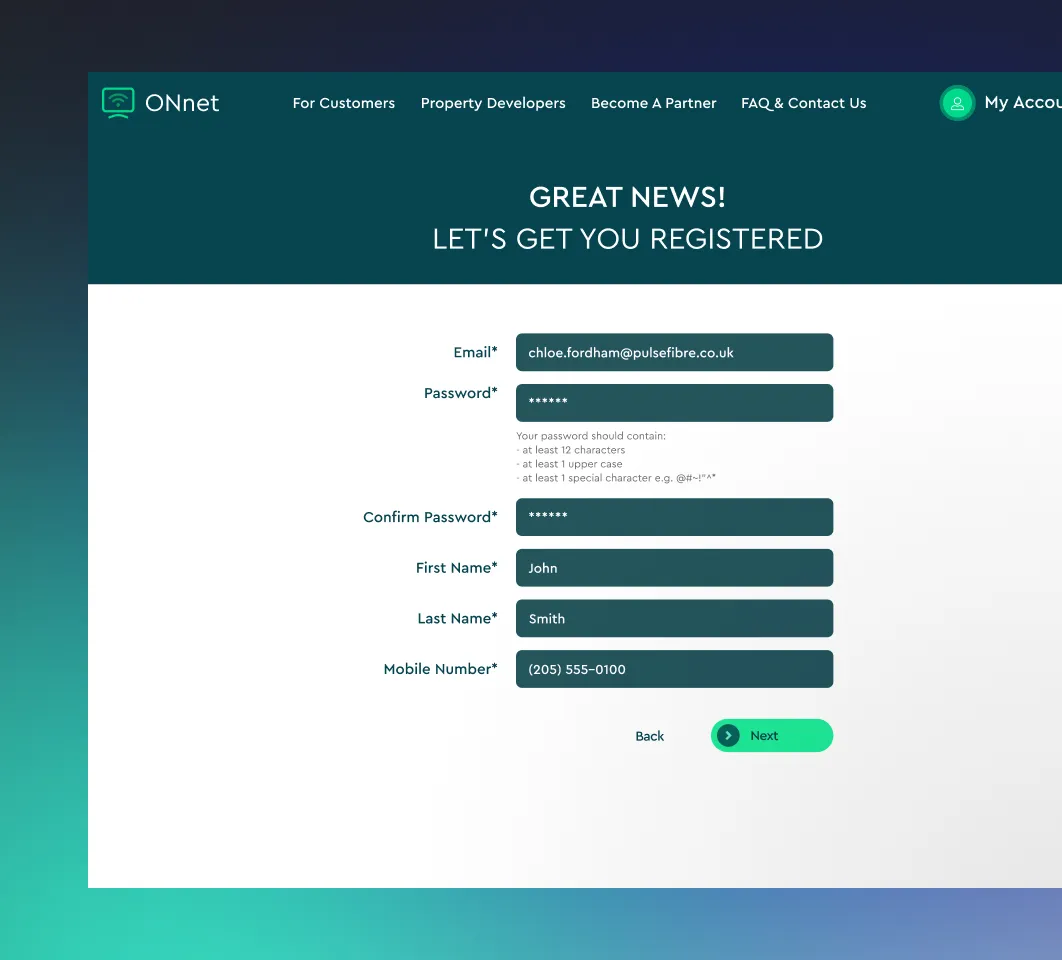/ Optinet
Custom CRM for an internet service provider
Automotive
Services:
The team
6
1 Full-stack developer
1 QA engineer
1 Project manager
Technologies
Django
MySQL
Redis
Celery
Django
Bootstrap
Integrations
GoCardless
Internal ticketing system
SMS gateway
Elastic Search
Timeline: 4 years
Share:
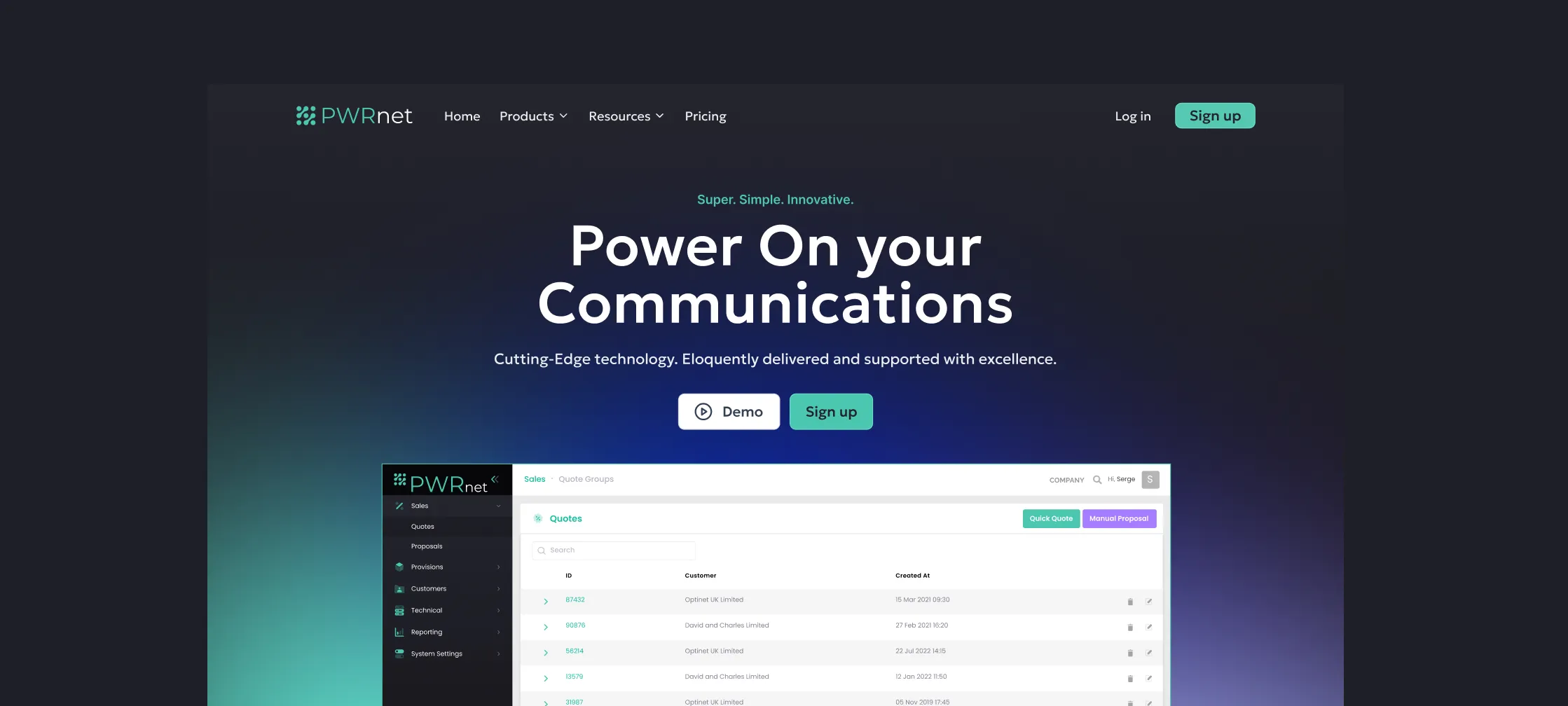
Our client is a B2B internet provider that bridges the gap between large-scale network operators and businesses, whether it’s a boutique in an office complex or an entire retail center. They deliver and precisely tailor network connectivity solutions, ensuring businesses get the right speed, reliability, and support, acting as both a mediator and a full-service provider.
With such a wide range of services, they wanted a useful tool to manage their growing client base.They came to us with a vision of a custom CRM, built around their niche workflow. From generating client proposals to integrating with third-party providers and managing orders, every piece had to fit their specific way of doing business. They didn’t stop at this either — later, they expanded this vision with a public-facing platform where they stepped into the role of the primary provider. This was about crafting tools as distinctive as their approach to connectivity.
As the client's name is under an NDA, we will not disclose their specific solution names and versions of the product, but will describe the functionality, challenges, and key features of the developed solution precisely and true to all specifications.
Building a custom system for this internet technology provider came with unique technical hurdles. The biggest challenge was a real-time quotation engine that pulled data from multiple third-party APIs, each with different protocols, authentication methods, and reliability levels. Some used outdated SOAP services, others had inconsistent REST endpoints, and a few lacked proper documentation.
Making these scattered systems communicate was critical for delivering accurate, competitive client proposals.Then came the billing system, which had to balance custom business logic with payment processing best practices, all while keeping the experience smooth for both the provider and their customers. Another core challenge was IP address management — optimizing real-time allocation, tracking, and database performance to ensure connectivity. Every piece had to work in perfect sync due to precise IP address allocation.
The journey began in early 2021. This CRM needed to mirror the workflows of this internet service provider, where every request kicked off a chain of technical and commercial decisions. When a shopping mall needed high-speed internet or an office required a new VoIP setup, the system would gather data from provider APIs, then generate quotes. It calculated costs, mapped fiber optic routes, and even factored in hardware.
By spring, we had a prototype that pulled real-time pricing, checked infrastructure availability, and generated proposals in minutes. During summer, we integrated the order management system, allowing transitions from quotes to active service deployments, complete with automated IP allocation and ticketing. Since the MVP launch in August 2021, the system has evolved organically to make network operations invisible and processes simpler and faster.Initially built on a template, the platform was later customized to the client's design, and is now a monolithic Django application handling both frontend and backend, with MySQL for the database, Redis for background tasks, Elasticsearch for analytics, and Celery for task management, with SMS-based OTP authentication and IP security whitelisting. Later, we expanded it into a public platform where the client could offer these services directly under their brand, complete with payment integrations through GoCardless API and intuitive client dashboards.
User role
Admin
Admins manage everything from user permissions to system integrations. They oversee managed network solutions, configure API connections to third-party providers, and ensure the operation of the backend with databases. With access to Elasticsearch-powered analytics, they generate reports on order volumes, service performance, and financial reconciliation.
Network operations role
This team handles the technical backbone, including real-time IP address allocation, router configurations, and troubleshooting. Using the platform’s custom tools, they monitor service activations, update infrastructure records, and resolve issues flagged in the integrated ticketing system, all while maintaining strict access controls over sensitive network data.
Sales roles
Area Sales can only view and manage their own clients’ orders, generating proposals and tracking negotiations within their pipeline. Global Sales, on the other hand, have visibility across all accounts, enabling them to coordinate large-scale deployments of network connectivity solutions, from fiber optic rollouts to multi-site cabling projects. Both roles rely on the platform’s automated quoting engine and real-time provider API integrations to close deals faster.
Provisions role
Specialists in this role execute orders end-to-end: validating technical feasibility, coordinating with providers, and activating services. They work closely with the Network Operations team, using the platform’s IP management tools and Redis-powered task queues to ensure timely deployments of enterprise internet solutions for clients.
Support role
With read-only access, Support agents assist clients by reviewing order histories, checking service statuses, and escalating issues through the integrated ticketing system. While they can’t modify configurations, their visibility into the full client lifecycle, powered by Django’s admin interface, helps them provide accurate, real-time assistance.
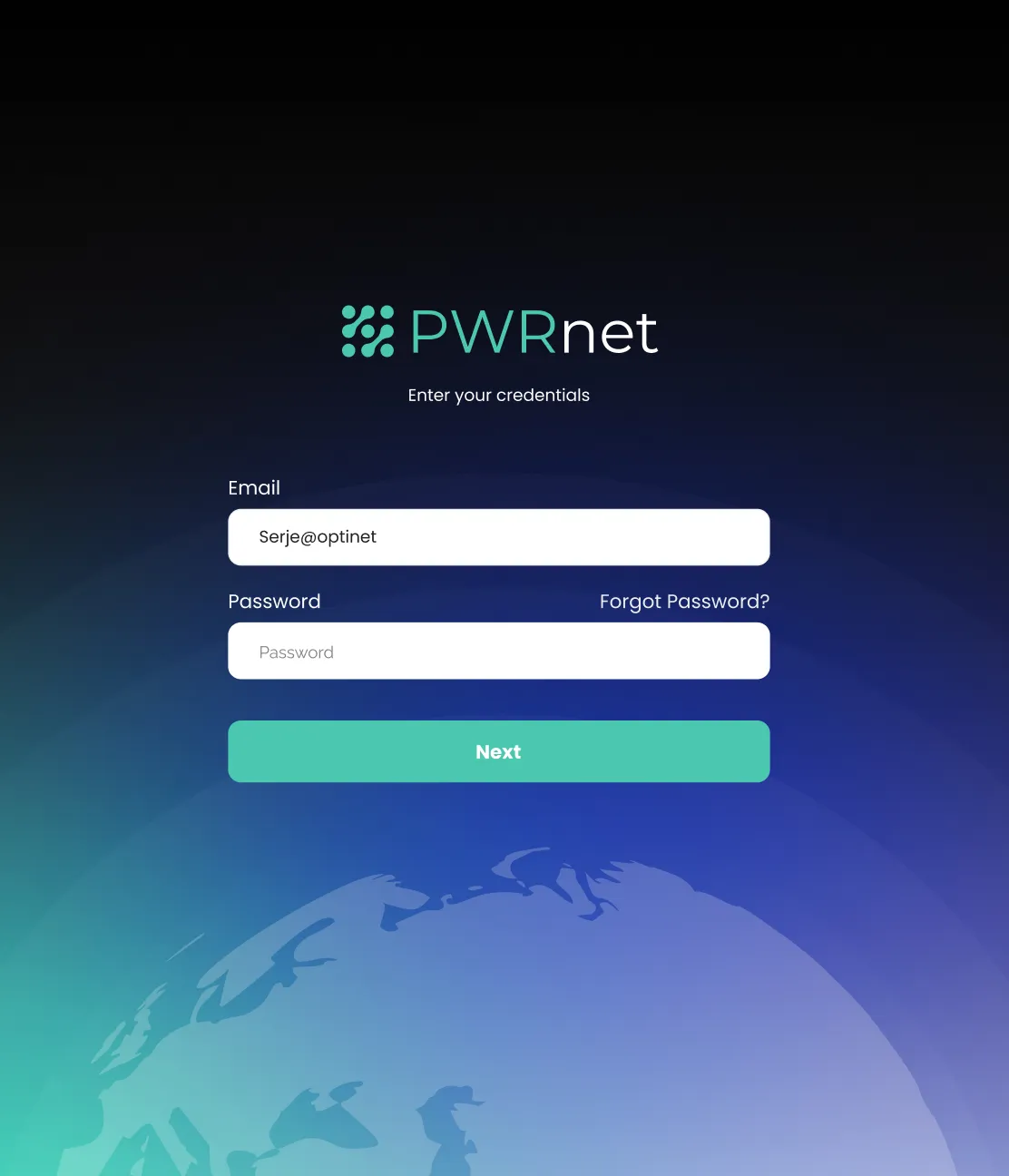
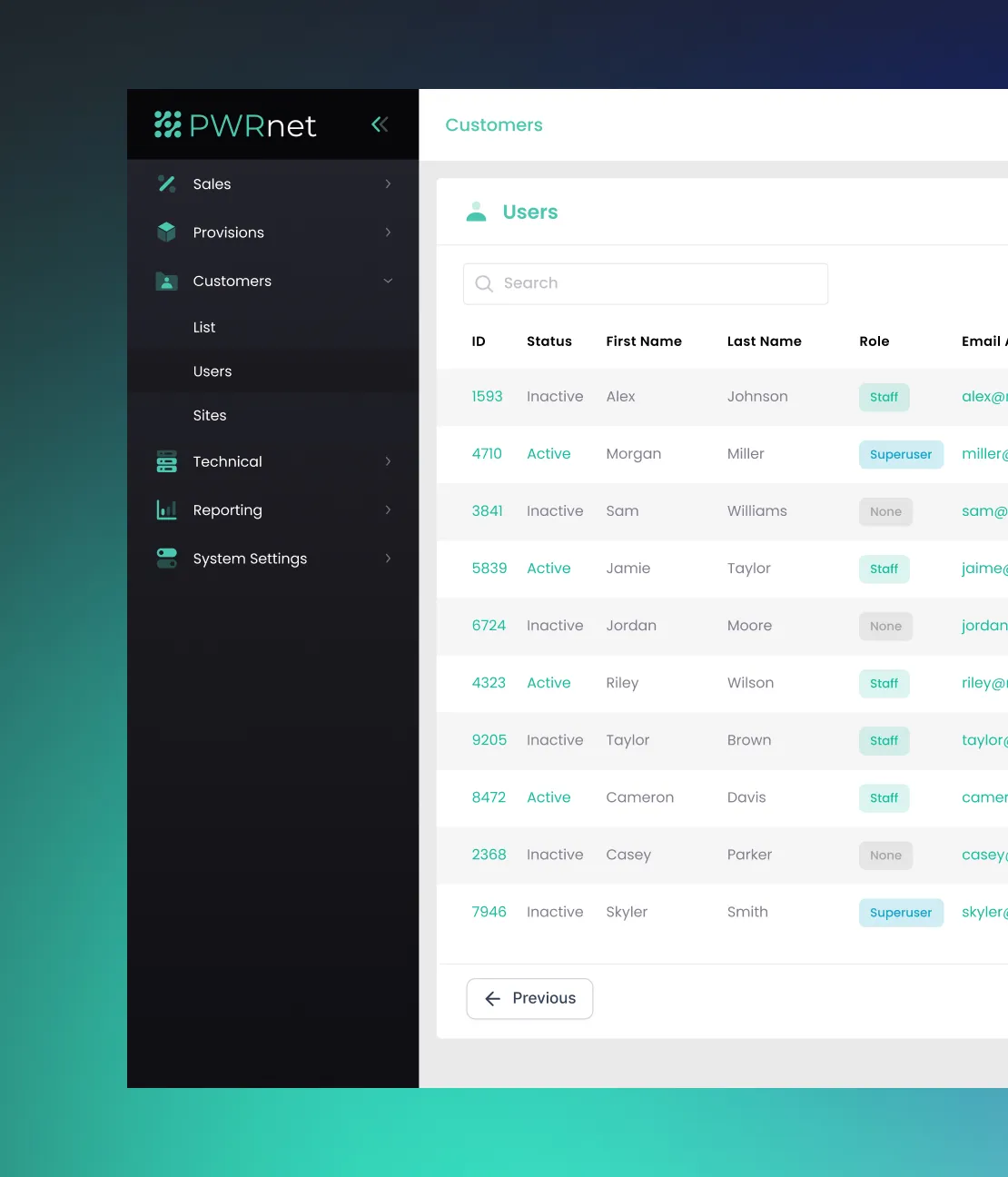
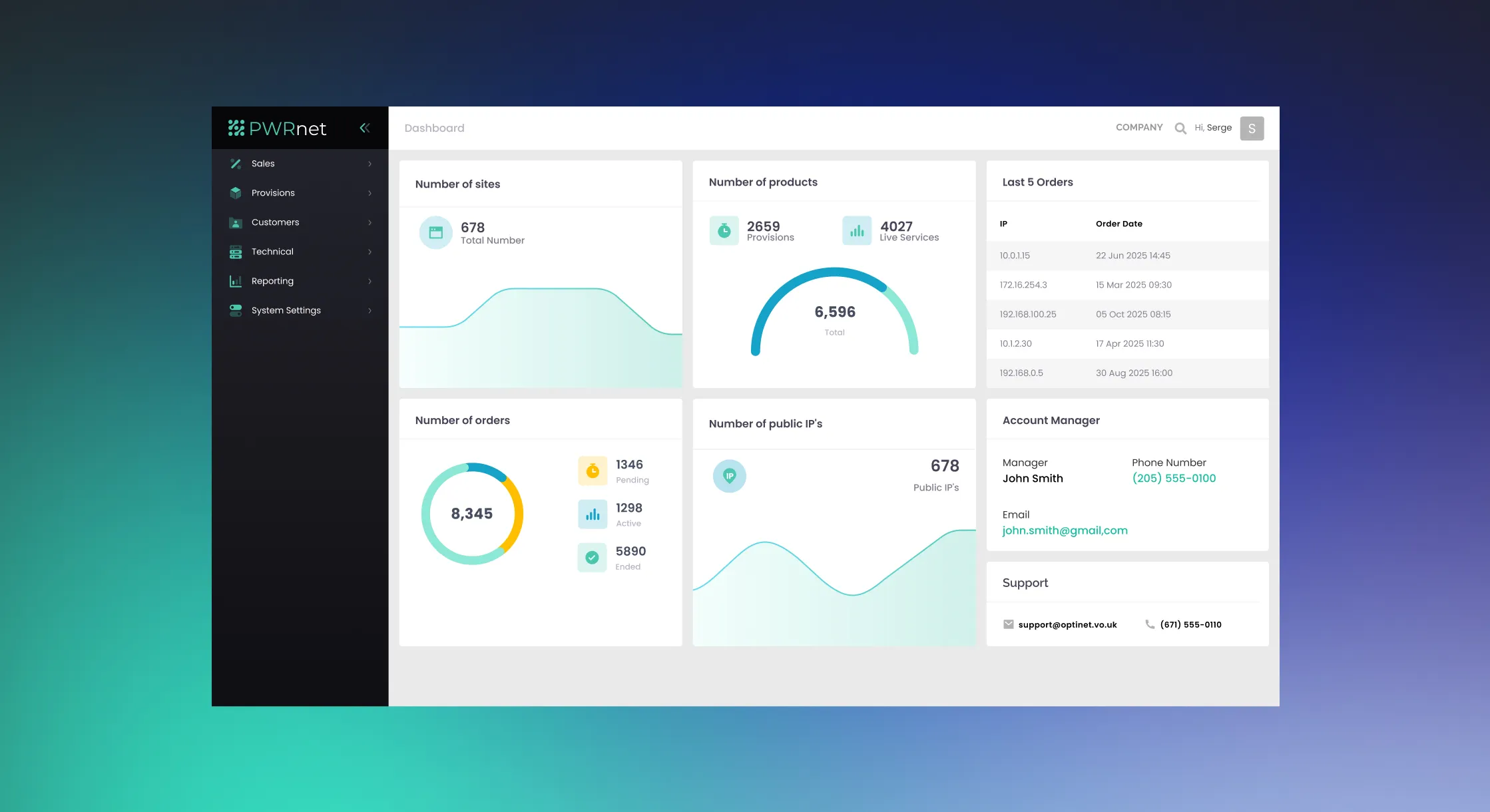
Key features
QA process
The platform underwent thorough testing to ensure reliability. Initially, a combined approach was used — manual test cases for complex workflows (like multi-provider failovers or commercial WiFi router configuration sequences) alongside automated checks for repetitive tasks (billing calculations, IP allocation validations). While dedicated QA resources were previously available, the client now handles testing in-house during updates. This shift occasionally surfaces edge-case issues, particularly when introducing new network infrastructure solutions or provider APIs. Today, with the system in support mode, fixes are deployed reactively, prioritizing stability for live deployments.
Business outcomes
The billing process became fully automated through direct integrations with provider APIs and financial systems. A centralized MySQL database now handles real-time usage tracking, contract terms, and SLA adjustments, cutting pricing errors. Order management saw similar gains. What used to involve multiple departments manually coordinating now happens automatically within the system.
The Elasticsearch-powered analytics provide visibility into operational bottlenecks, helping optimize workflows when dealing with different internet technology provider partners. While scaling still requires manual intervention, the Redis-based task queue reliably handles high volumes of simultaneous orders.The system continues to reduce operational overhead through its stable integrations — processing payments via GoCardless, managing service tickets, and interfacing with both modern and legacy provider APIs. The result is a more reliable, less labor-intensive process for delivering business internet services.
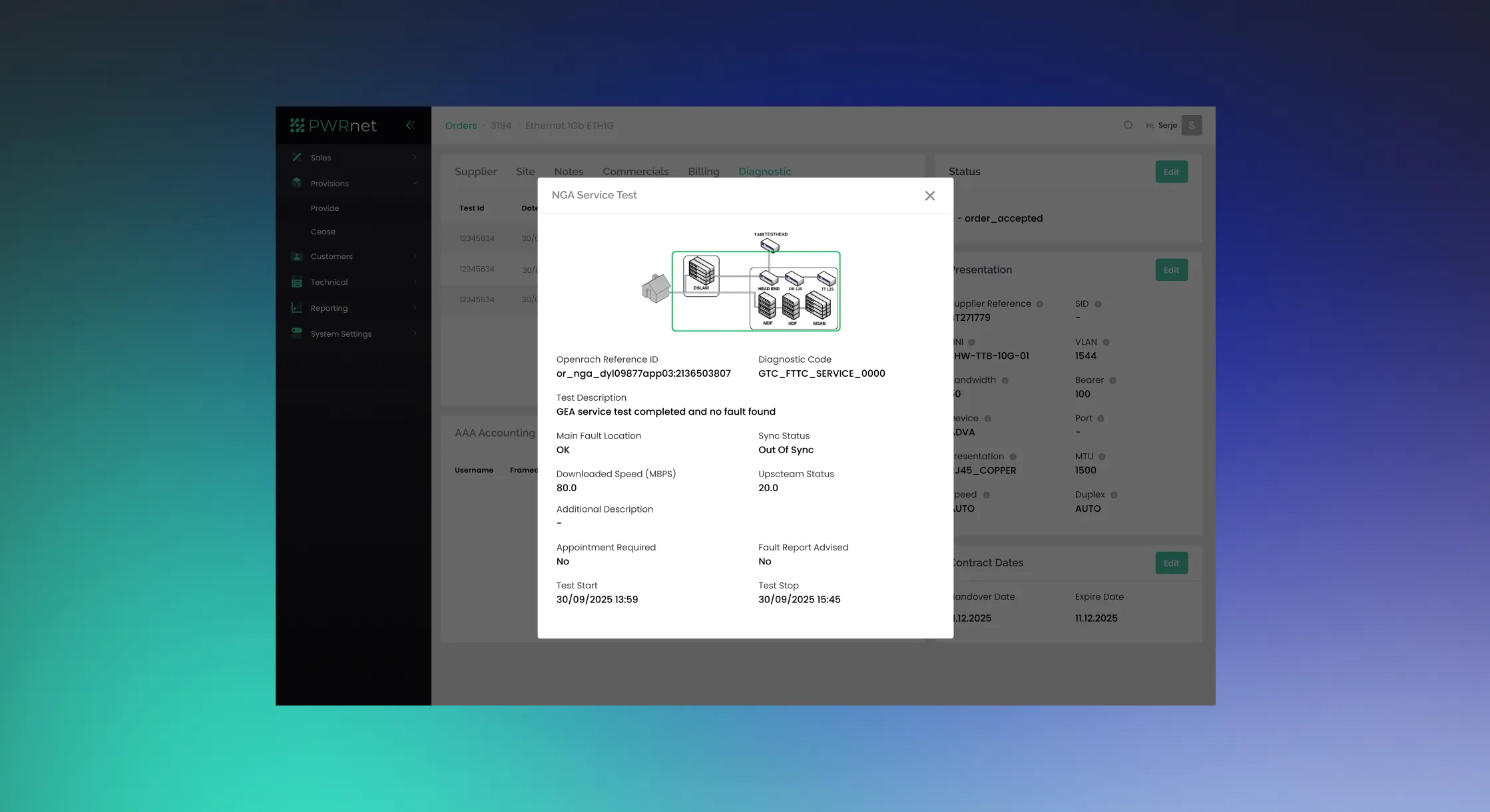
Client feedback
Why partner with COAX?
Flexibility & adaptability
Our team understands the importance of flexibility in the construction industry, which is why we work around your schedule to provide services at a time that's convenient for you.
Skilled and dedicated team
The COAX team consists of pioneering industry experts and experienced professionals who meet high proficiency standards. We stick to our ethos and are dedicated to delivering high-quality solutions that can lead the future of digital solutions.
Ongoing support
We're committed to providing excellent support throughout the entire project lifecycle. That's why we don't just focus on our technical specialists but also pay close attention to the professional skills of our project managers to ensure seamless cooperation.
Security and confidentiality
At COAX Software, we take data privacy and security very seriously. We sign a non-disclosure agreement (NDA) and guarantee to keep all project information safe and establish trust.
Growth-focused approach
In the construction industry, businesses need to constantly adapt and grow. That's why we don't just develop custom software solutions, we implement cutting-edge tools that help your business and technology scale for long-term success.
Agile methodology
At COAX Software, we value transparency and efficiency. That's why we follow a truly agile approach when providing IT services for construction companies. We aim to remain flexible and responsive to your needs at all times to ensure project success.
What we’ll do next?
1
Contact you within 24 hours
2
Clarify your expectations, business objectives, and project requirements
3
Develop and accept a proposal
4
After that, we can start our partnership
Drop us a line:
sales@coaxsoft.comMain office
401 S Milwaukee Ave Wheeling, IL 60090, USA
Delivery center
72 Mazepy str., Ivano-Frankivsk 76018, Ukraine

